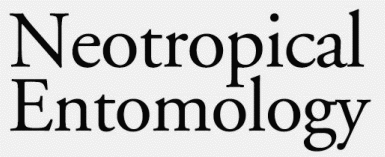Neotropical swarm-founding wasps, the Epiponini, are an outstanding group of social insects whose societies are polygynic and complex nest builders. Caste dimorphism in these wasps ranges from incipient to highly distinct. Morphometric analyses of nine body parts, ovarian status, relative age and development of the 5th gastral sternite gland (Richards´ gland) of Polybia bistriata Fabricius were undertaken in order to estimate caste differentiation in nine colonies. Morphological and physiological data were used in multivariate analyses in order to evaluate the level of discrimination between inseminated and non-inseminated females. Clear physiological differences were found: queens had highly developed ovaries and they were inseminated, and workers had totally undeveloped ovaries or they had few developed oocytes (only in two colonies), but in both cases insemination was not detected. ANOVA and discriminant function analysis detected slight, but significant differences between castes. In relation to colony cycle, colonies were considered to be in the following stages: one in pre-emergence, four in worker production and four in sexuals production. Richards´ gland analyses indicated that in small colonies (<100 females) queens had a less developed gland than in medium (100-200 females), and large colonies (>200 females). Taking the whole data, it was possible to conclude that caste differences were slight, but more evident in some phases of the colony cycle, a phenomenon previously described for other epiponines.
Social insect; caste difference; social wasp; morphometric analysis









